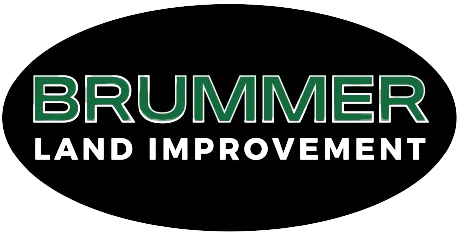When it comes to financing real estate investments, one option you might encounter is a non-recourse loan. These loans offer unique advantages and disadvantages compared to traditional recourse loans. In this comprehensive guide, we’ll delve into what non-recourse loans are, how they work, and whether they’re the right choice for your real estate investment.
Understanding Non-Recourse Loans
Non-recourse loans are a type of loan where the borrower is not personally liable for the debt. In the context of real estate, this means that if you default on the loan, the lender’s only recourse is to seize and sell the collateral (the property) to recover their investment. They cannot go after your personal assets or finances.
Advantages of Non-Recourse Loans:
- Limited Personal Risk: The most significant advantage is that your personal assets are generally protected. Your personal finances are not on the line in case of default.
- Larger Investments: Loans are often used for substantial real estate investments, such as commercial properties or large apartment complexes.
- Diversification: Investors can leverage loans to diversify their real estate portfolio without risking their personal wealth.
- Potential Tax Benefits: The interest on non-recourse loans may be tax-deductible, providing potential tax advantages.
Disadvantages of Non-Recourse Loans:
- Stricter Qualifications: Lenders scrutinize the property’s cash flow and value more closely since they have limited recourse. This can make it challenging to qualify for loans.
- Higher Interest Rates: Non-recourse loans often come with slightly higher interest rates compared to recourse loans.
- Limited Flexibility: Borrowers may have less flexibility in managing the property or making changes since lenders may impose stricter covenants.
- Limited Borrowing: Loans may not cover all costs associated with a real estate investment, such as renovations or property improvements.
Is a Non-Recourse Loan Right for You?
The suitability of a non-recourse loan depends on your specific circumstances and investment goals:
Consider Your Risk Tolerance: If you want to shield your personal assets from the potential risks associated with real estate investments, a non-recourse loan could be a wise choice.
Property Type: Loans are typically used for commercial properties or large-scale real estate investments. If you’re investing in a single-family home, a traditional mortgage may suffice.
Financial Qualifications: Loans often require stronger financial qualifications and a more robust property cash flow. Ensure you meet these criteria before pursuing this option.
Long-Term Investment: Loans are best suited for long-term investments where you can benefit from the limited personal liability and potential tax advantages.
Consult a Financial Advisor: Before deciding, consult a financial advisor or real estate expert to assess your specific investment and financial situation.
In conclusion, non-recourse loans offer a unique way to finance real estate investments while protecting your personal assets. However, they come with stricter qualifications and potential limitations. Assess your investment goals, financial situation, and risk tolerance carefully to determine whether a non-recourse loan aligns with your real estate investment strategy. Always seek professional advice when making significant financial decisions.

